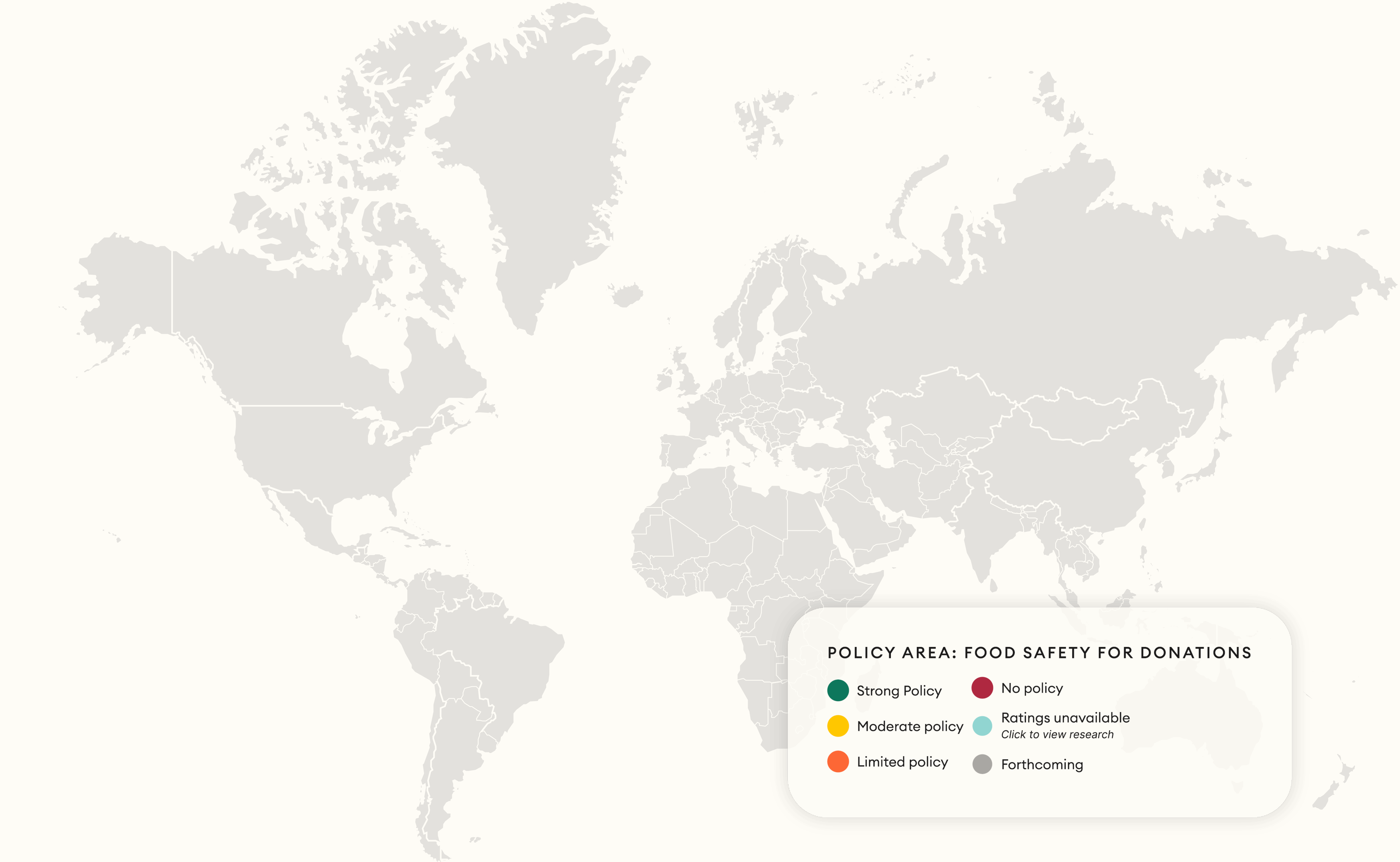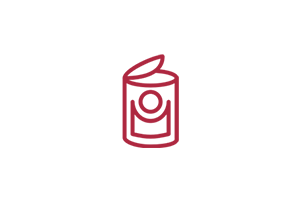Ghana: Policy Highlights and Opportunities
Each year, approximately 3.2 million tons of food in Ghana is either lost or wasted along the supply chain, costing an estimated 762.32 billion in Ghanaian cedis (GH₵) to the economy. At the same time, approximately 50.2% of the population is moderately to severely food insecure and an estimated 25.5% of the Ghanaian people live in poverty.
Atlas Research: Ghana
Policy Highlights
Ghana research was published in October 2022 and was made possible with the advice and support of our on-site partners, including Food for All Africa.
Policy Opportunities and Recommendations




